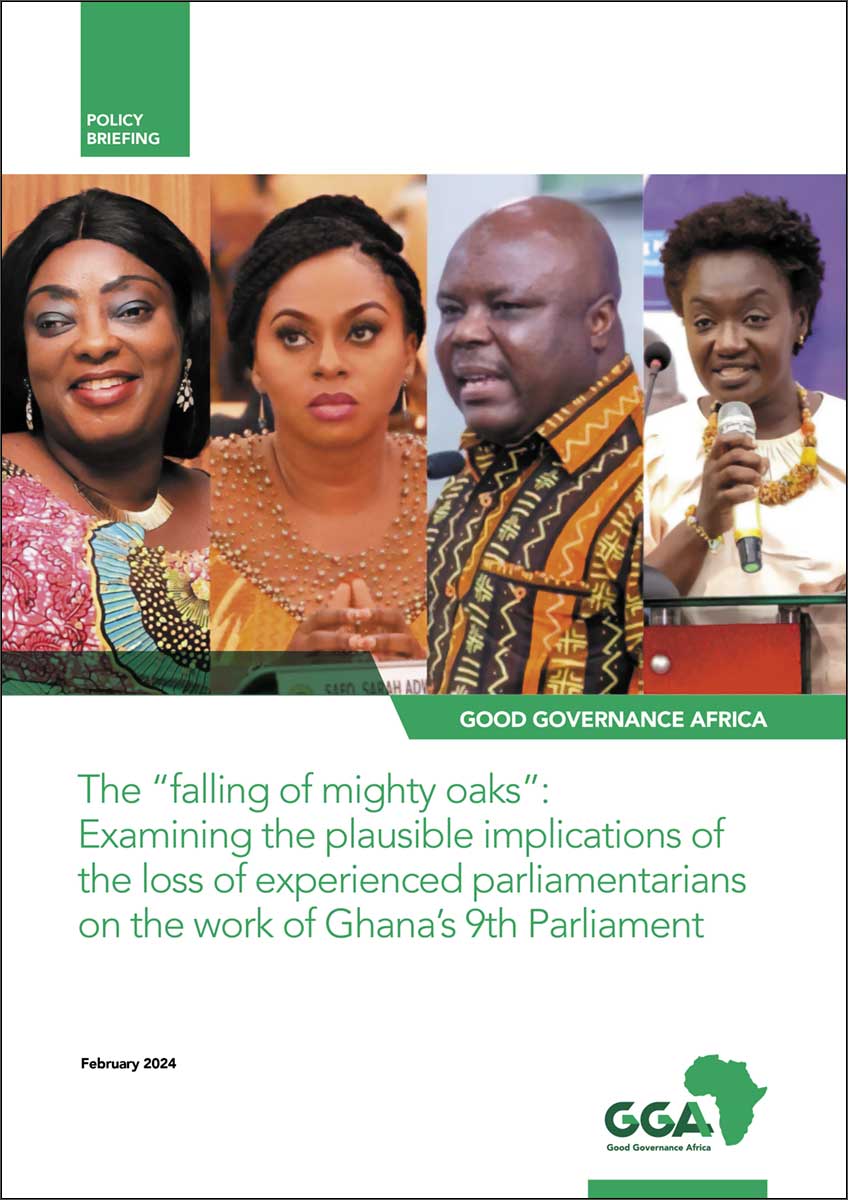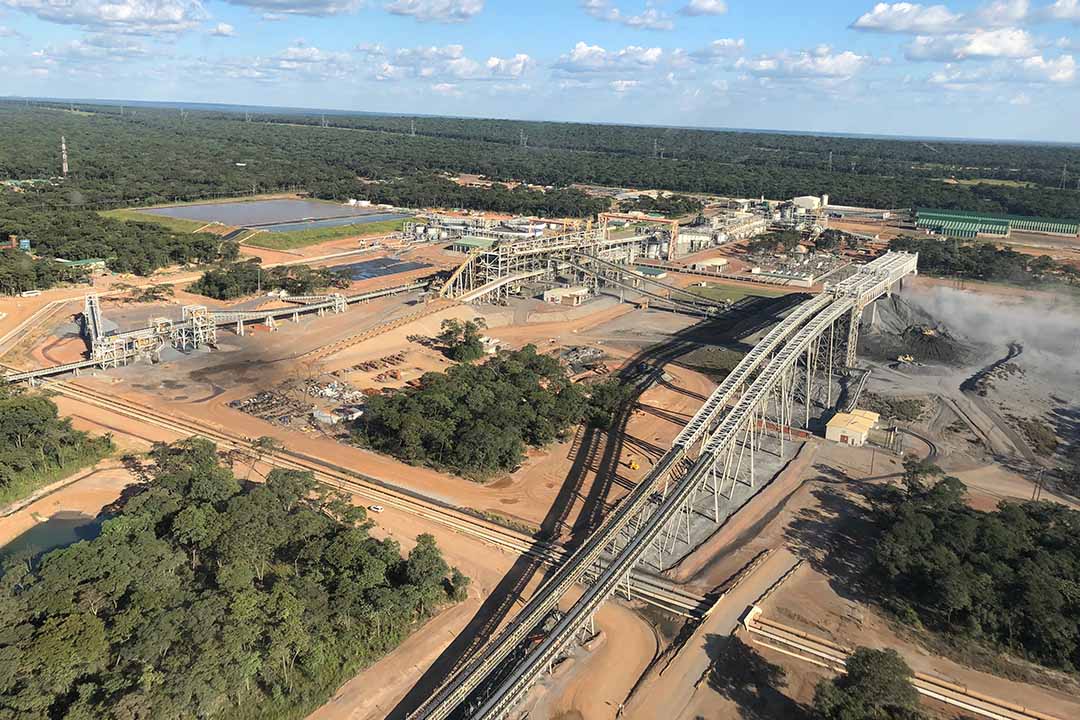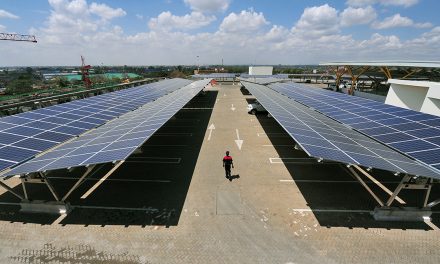
Ghana’s democracy, hailed as a beacon for Africa, boasts eight successful multi-party elections since its return to constitutional rule in 1993 (Balley, 2020; Alidu, 2019). Over the past three decades, the country has made notable strides in institutionalising democracy and good governance. With a remarkable record of power alternation in 2001, 2009,
and 2017, Ghana’s democracy continues to thrive, albeit with notable challenges.
The country functions as a unitary republic with a parliamentary democratic system. In this political framework, the President serves as both the head of state and the head of government. The unicameral Parliament of Ghana consists of elected Members of Parliament (MPs)—elected from designated constituencies across the country. The country also employs the simple majority, or ‘First Past the Post’, voting system in its parliamentary elections. Since 2012, the nation has been subdivided into 275 single-member constituencies, with members elected to serve four-year terms.
Since Ghana’s return to constitutional rule, the persistent turnover of parliamentarians in the fourth republican parliament has raised concerns among Members of Parliament (MPs) themselves, parliamentary leadership, the academic community, and the general public. This trend of losing experienced legislators significantly impacts the work of parliament (hampers the quality of legislative work) and that of the government of the day. The ongoing pattern is commonly linked to the growing monetisation of internal party elections, unfulfilled promises, and challenges with constituents and party activists.











